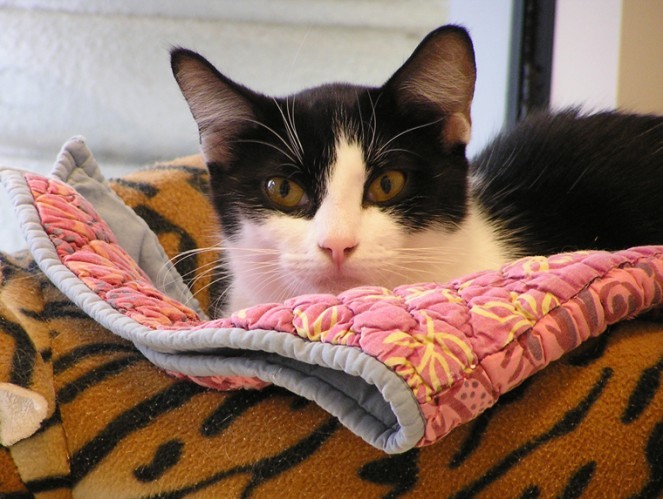
Do you have a cat who constantly grooms or performs some other behavior over and over…and over again? If so, your cat might have Obsessive-Compulsive Disorder (OCD).
Just as some humans feel compelled to wash their hands until they’re raw or carry out other unproductive and distracting rituals, there are those cats who will get the urge to repeat a behavior for no particular reason. Some veterinarians may scoff at the idea of cats developing OCD despite growing evidence this debilitating condition can impact our non-human friends, too.
How is OCD usually diagnosed?
Pet parents may notice their cat demonstrating unusual or behaviors that once started seem hard to stop. According to experts at Cornell’s School of Veterinary Medicine, another obvious sign of an OCD kitty is when other cats in the home ignore their compulsive companion as he or she starts the repetitive routine.
Feline OCD tends to pop up most frequently when cats eat and groom. Some cats will obsessively lick, nip and chew themselves raw even when there’s no sign of parasites, allergies or skin disease.
Compulsive eaters may seek out their kibble and then move on to anything else regardless of its nutritional value. Licking or gnawing on fabric, wood or plastic can also be signs of feline OCD.
If you suspect your cat may have OCD, you’ll need to have a conversation with your veterinarian to rule out any medical issues first.
Only after all other causes (including illness, allergy or nutritional deficiency) can be eliminated should medication be considered. For most felines, drug therapy is a lifetime proposition. But for a cat with OCD it may just improve the quality of his or her life.



